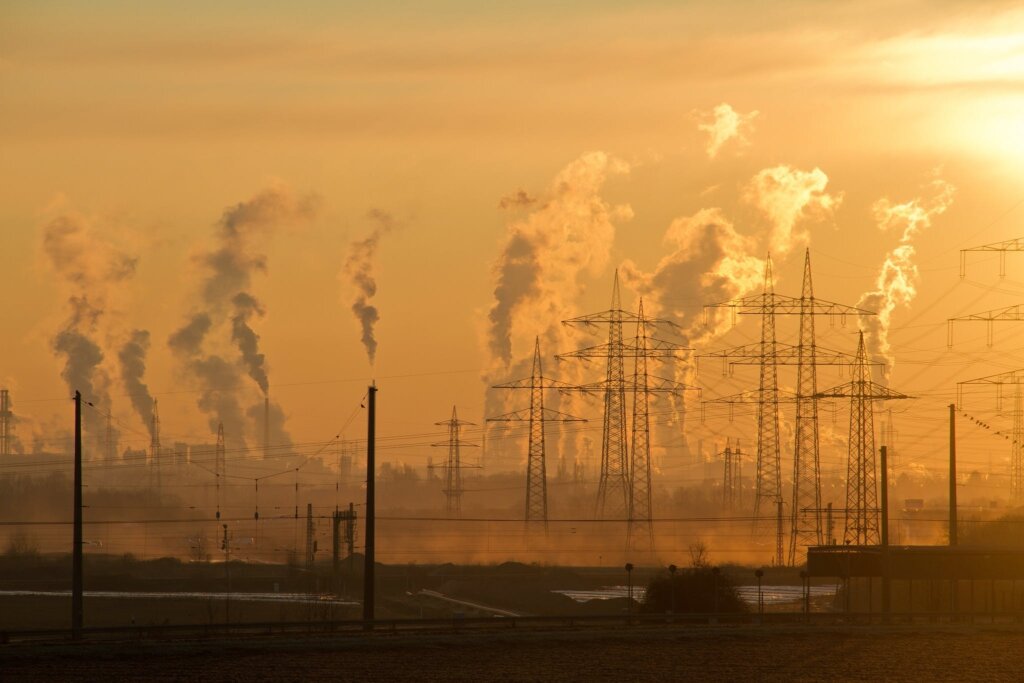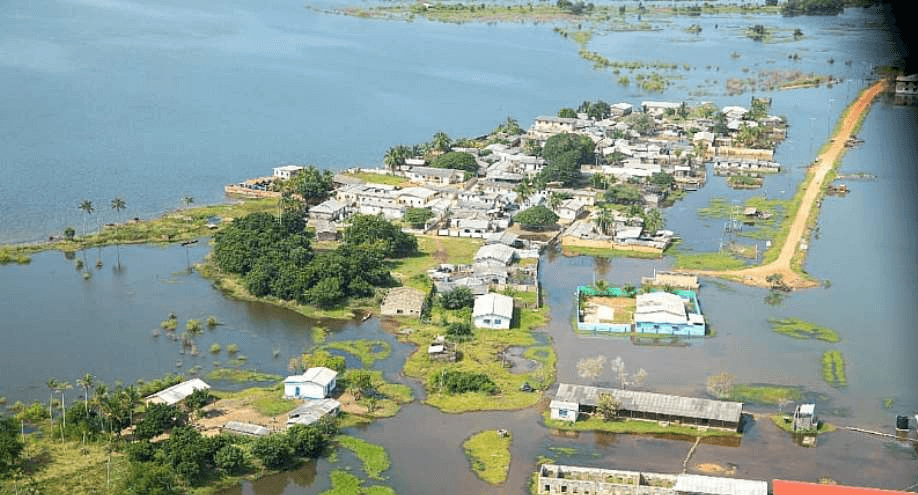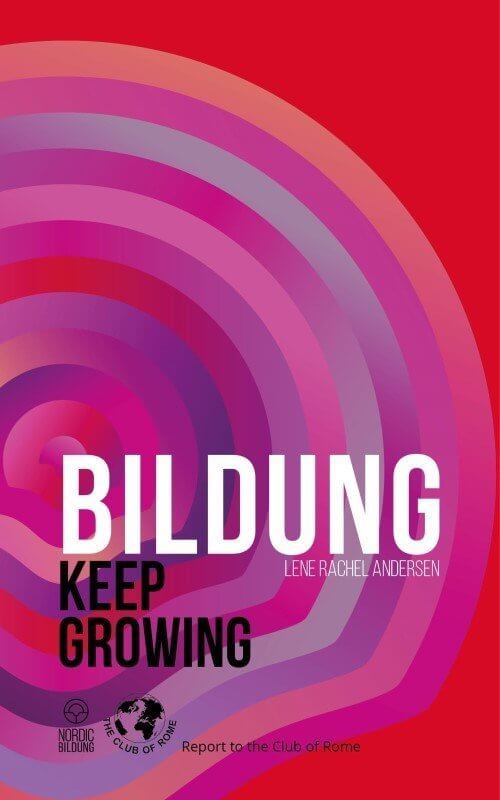The psychology of climate change
Unfortunately the crisis is one which plays into human psychological weaknesses. It is big (and therefore potentially overwhelming), seemingly distant (in time and, for many in the Global North, in space), and the advice on how to respond is often conflicting. All of this can result in people feeling one or all of demotivated, unconcerned, or in denial.

The economy
Some argue there is a need to rebuild our entire economic system if we’re to truly escape the threat of climate change. One way to understand this is by looking at measures of economic “success”. Most countries use Gross Domestic Product (GDP) to measure their economies. GDP calculates “stuff produced” – no matter if that stuff was produced by burning fossil fuels or, for example, in manufacturing weapons. Not only does it include processes many may consider harmful, it’s also bad at measuring other things that are valuable to life like time spent caring, our mental health, and the amount of outdoor space people have. So, in order to really make a difference in the battle against climate change it may be we have to completely change our economic priorities and the way our economy works to meet them.

Fossil fuel industries
Partly as a result of this and partly because societies have been built in a way that is so dependent on the energy they produce, fossil fuel companies have an enormous influence on government policy. At the 2023 climate change talks in Dubai, for example, fossil fuel companies received more passes than the 10 most climate vulnerable nations. To reduce the influence of such companies will require that lobbying rules are tightened, economic priorities shifted, and greater investment made in alternative sources of energy.

Inequalities
It has so far proven difficult for nations to balance the need of the Global South to keep growing their economies while being told they must also curb carbon emissions (although, of course, the reality is that the North still emits most of the world’s carbon). This has proven to be a stumbling block at climate negotiations where issues of reparations and transition funds have not been resolved in a way that has satisfied the South. Ultimately it will require the cancellation of debts and provision of sizeable grants for green energy to ensure climate change is tackled in a just and equitable manner.



